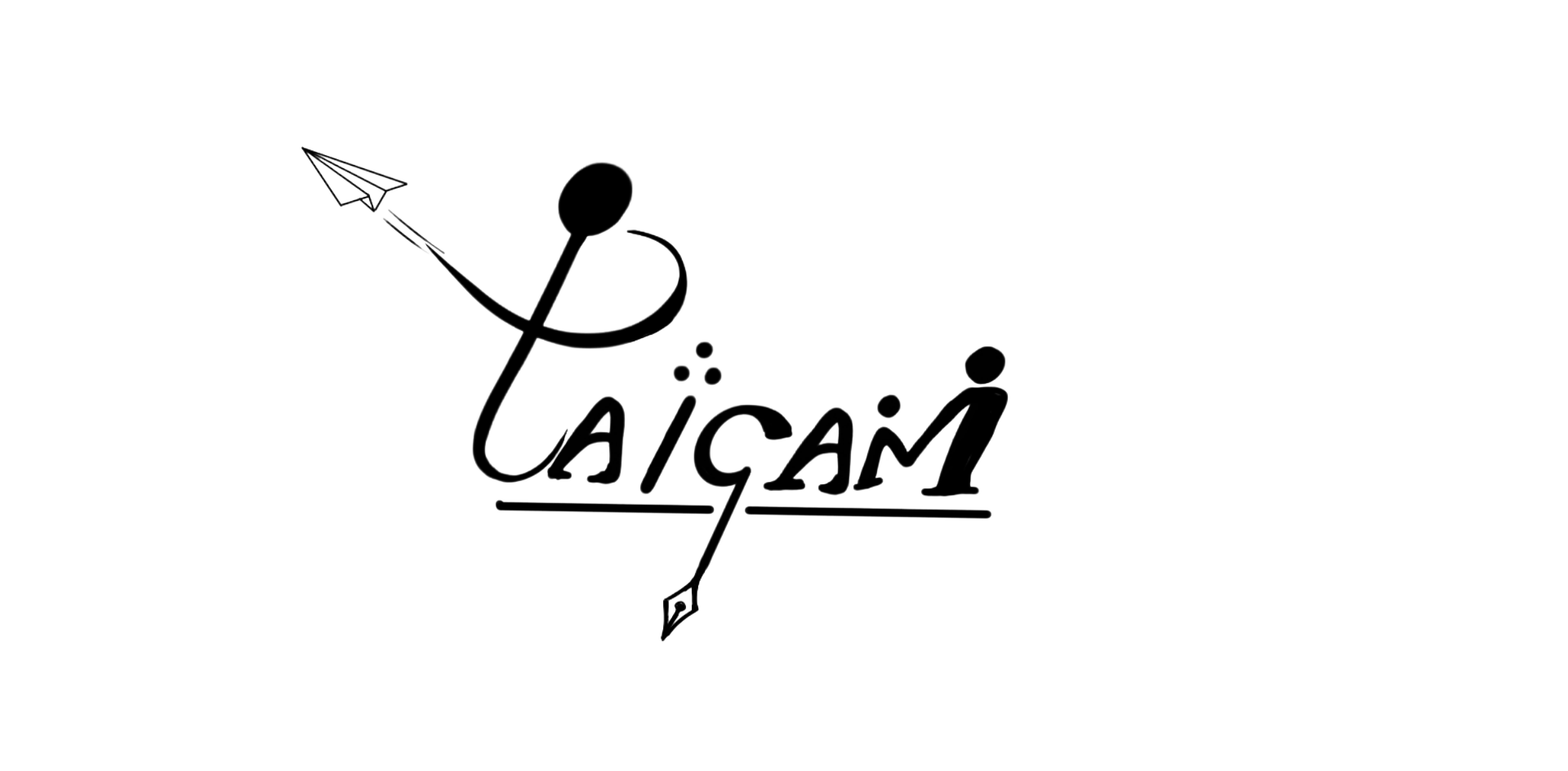About Us
Paigam is a youth organization registered under society act ,1973(44) committed towards research-based intervention in the society, particularly among those who are considered as marginals residing in the cultural transition zones.
We believe that without understanding the culture, development of an individual or group should not be regarded as ‘sustainable’ and theoretical knowledge of the sciences and social sciences must be used to make a change in the society.
We work in areas including Youth empowerment, creative education, nature and culture conservation, health and well-being etc.
Vision
We envision Development, Culture and Nature, expanding and maintaining one another.


In 2010, the Baiga community who were earlier residing at the buffer zone of the Kanha national park, moved their settlement to the outskirts of Singbagh village in Baihar of Balaghat district. This shift gave rise to gastroenteritis cases in the community as they were using the contaminated water in the new place. To treat this, health workers of the town helped them in getting a water connection. As a child of an auxiliary nurse and midwife, one of our founding members got the chance to interact with the Baigas during the health outreach. Later on, the idea of ‘how they are different’ laid the foundation of the NGO – Paigam Organization.
Journey of the organisation started with the cloth donation program (Vastradan) in 2013. We visited various villages around Baihar, namely Movala, Kopro, Baigatola etc. In one cloth donation drive, when an old Baiga lady’s statement – “why are you giving these clothes to us? If you want to do something, teach our children” transformed our way of working. Thus, from philanthropic activities, we moved towards real change- making and to the Vastradan (Cloth-donation), we transformed as Vastropahar (Cloth-gift giving). We started interacting with the children of the villages, taught them and gifted them toys and clothes post session.
To flourish the idea of ‘encouraging children and youth to put their potential into changemaking activities’ We started organising summer camps. Manthan summer camp is our flagship event in which we provide a space for various artistice activities such as dance, singing, acting, craftsmaking, personality development as well as physical activities such as judo karate, skating and games etc.
In 2015, a sudden demise of one of our founding members Mr. Ghanshyam Chaudhary, left us in shock and mourning. A headmaster and school teacher by profession, Mr Ghanshyam was a great support system to the Paigam organisation. As a tribute to him, we started an educational program G.Y.A.N. (Ghanshyam Yuva Adhyayan Neeti) and conducted various educational sessions in schools.
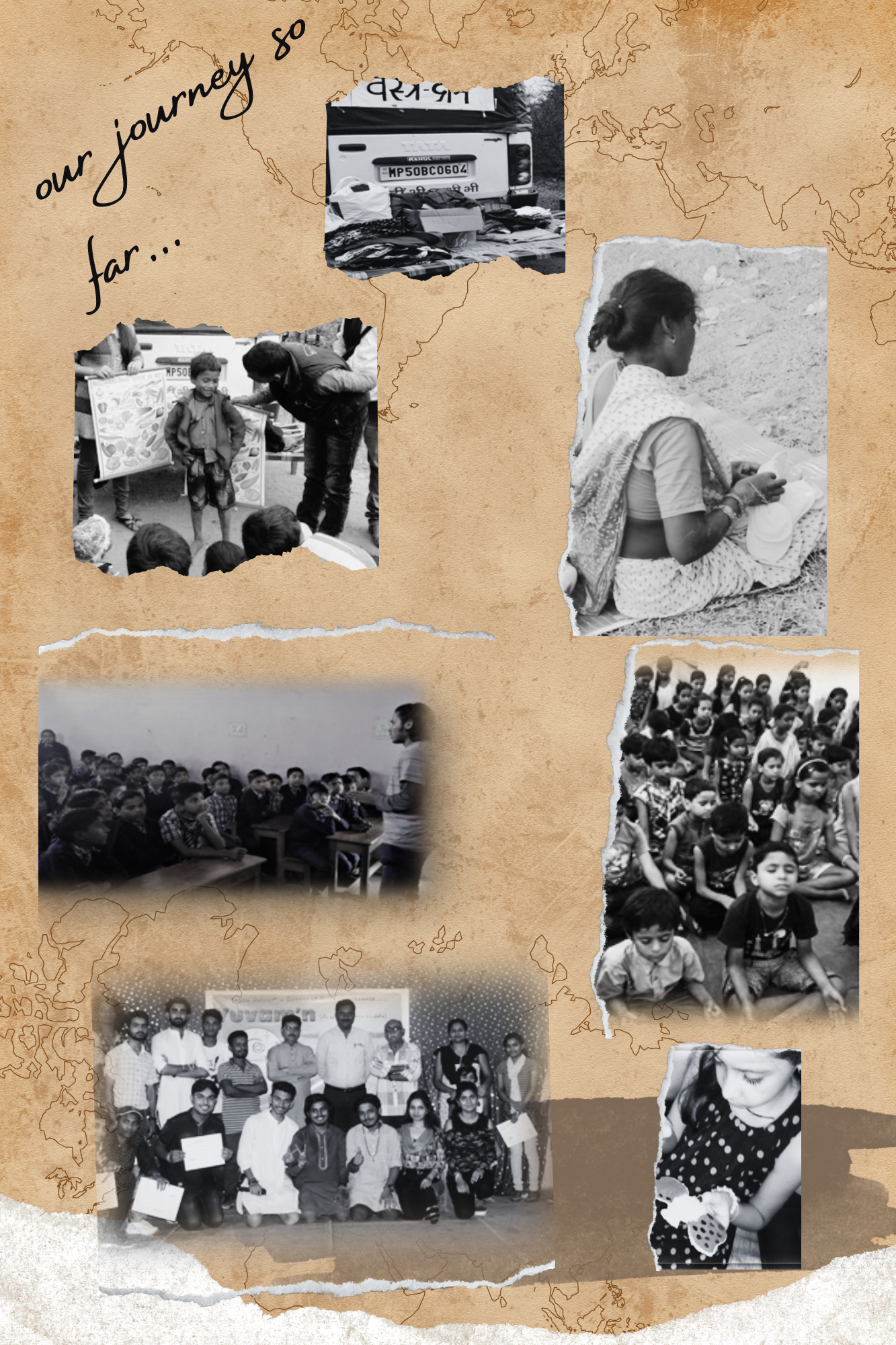
Some of our other programs are – Yuvam’n (youth empowerment program), Tarudeepdan (plantation) Bai’ducation (special education programs for Baiga community children) Nritatva (funding through the handicrafts) etc. [from 2015 to 2019]
We have now moved towards ‘research-based intervention’ in society. Therefore, we believe that the theoretical knowledge of science and social sciences must be utilised to make a change in society and the research methods should not be limited to academia only. During our visits, we came to know that the rural women (particularly the indigenous) were using cloth as sanitary napkins during their menstruation period. Since the practice is not hygienic and bad for their reproductive health, we started providing them with the hygienic sanitary cloth pads under our R’jo:gift of nature program (in October 2020). We also organised talk sessions for young men to aware them regarding the same and break the menstruation related stigma.
In the present scenario, cultural elements of most of the traditional communities are slowly dying due to the various factors like urbanisation, globalisation etc. and majority of the youngsters are not much interested in continuing their cultural legacy. Considering this, we have started a program – ‘Sansada’ (cultural conservation responsibility) to the conservation of traditional knowledge. Under this we started the ‘Cheenha’ program for the revival of ethno-tattooing.
Paigam organisation through its activities urge to Rethink Development, Redefine Marginality, Reimagine the Education and Reviving the Dying cultural legacy.
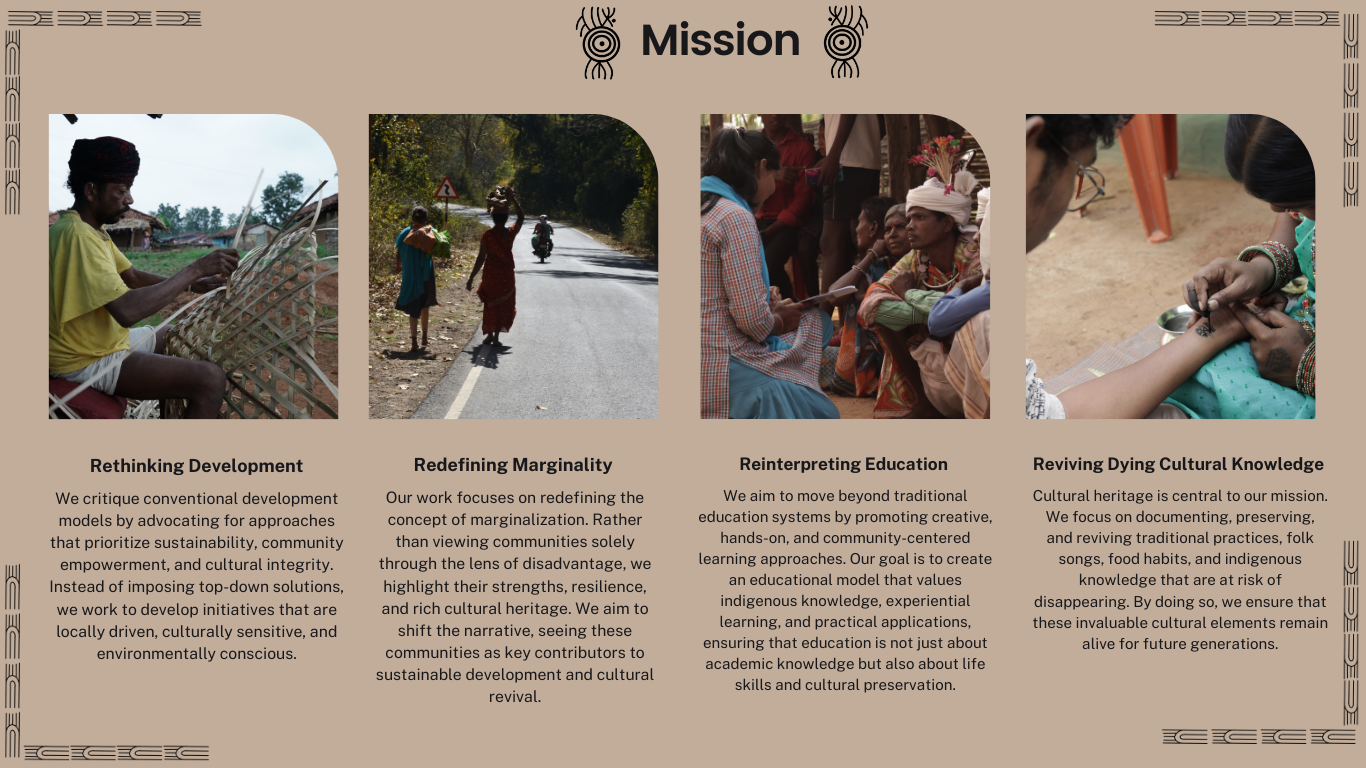
Youth Empowerment
Co-ordination with simple societies
Creative and Innovative education
Revival of the dying cultural knowledge
Objectives
-
To voice social concerns through organizing campaigns, education meets, camps, serving memorandums and other such activities as part of advocacy.
-
Protection, conservation and improvement of the Culture, biodiversity and environment through documentation of traditional knowledge.
-
Conduct programs like seminars, ethnographic film festivals, lectures, internships, mentorship etc., aiming for the overall development of mankind.
-
To organize camps and encourage formation of ‘collective consciousness’ of the traditional communities residing at the cultural transition zones.
-
To foster, organize and conduct camps and seminars for the youth to develop their creative potential.
-
To develop and spread education programs that lay stress on matters of health and hygiene particularly related to rural and indigenous women.
-
To protect and improve the natural environment including forests, lake, rivers, wildlife etc. and to work for conservation and development of National Parks and Protection of Migratory Birds.
-
Utilizing digital media and social networking to promote and provide assistance for the research and development of ethnic communities.
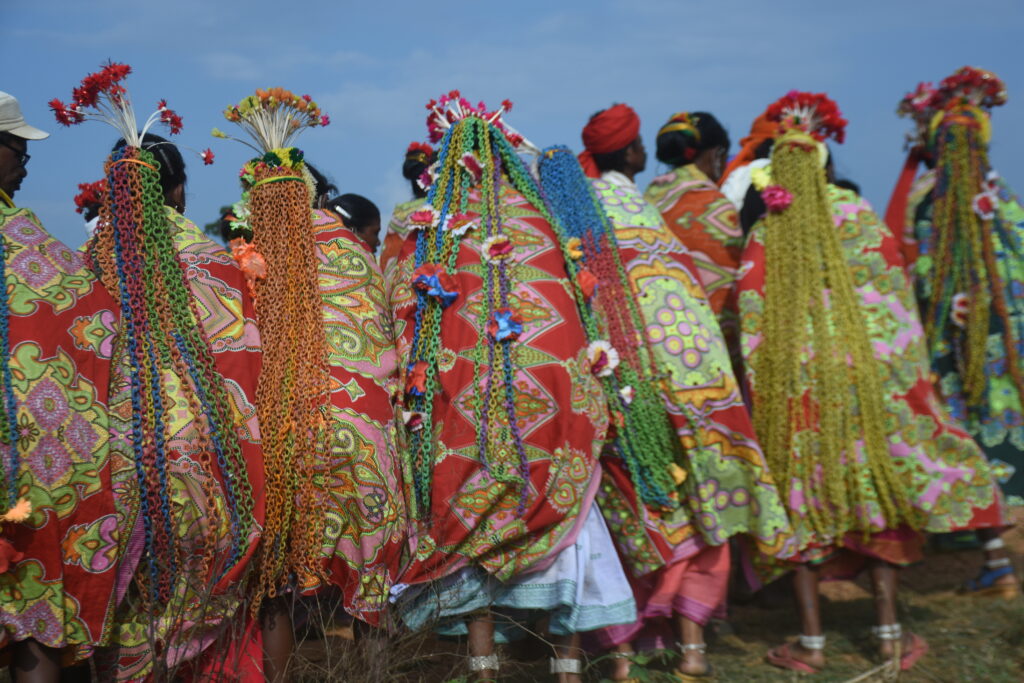
Cultural transition zone
The locations that fall under two or more different cultural/political/administrative zones (district or state etc.) can be regarded as ‘cultural transition zones’. (CT zones). local people of these areas are at risk of experiencing cultural threat/ negative cultural amalgamation or underdevelopment. We intend to coordinate with the people of these CT zones in order to empower them and to help them live a dignified life.
The town Baihar, where we work, is one of the CT zones. It is located at the border of two different states. 67 KM away from the district headquarter, it is located amid the forest areas where local people are struggling to make it a district due to various social/ political/ administrative reasons. Indigenous people of the area migrate to various metro cities for employment and slowly getting away from their cultural practices. Thus, in result the culture is slowly diminishing.

Meet the Team

Pankaj Pandro
Pankaj is an Archaeologist and doctoral candidate at Indira Gandhi National Tribal University Amarkantak, MP. He is specialized in the Ethno-Archaeological Research Methods, Prehistoric Tool typology and being a Gond Indigenous person, he is proficient in Ancient Indigenous Gondi language. He has explored and studied archaeological remnants of Banjar River valley region of Central India.
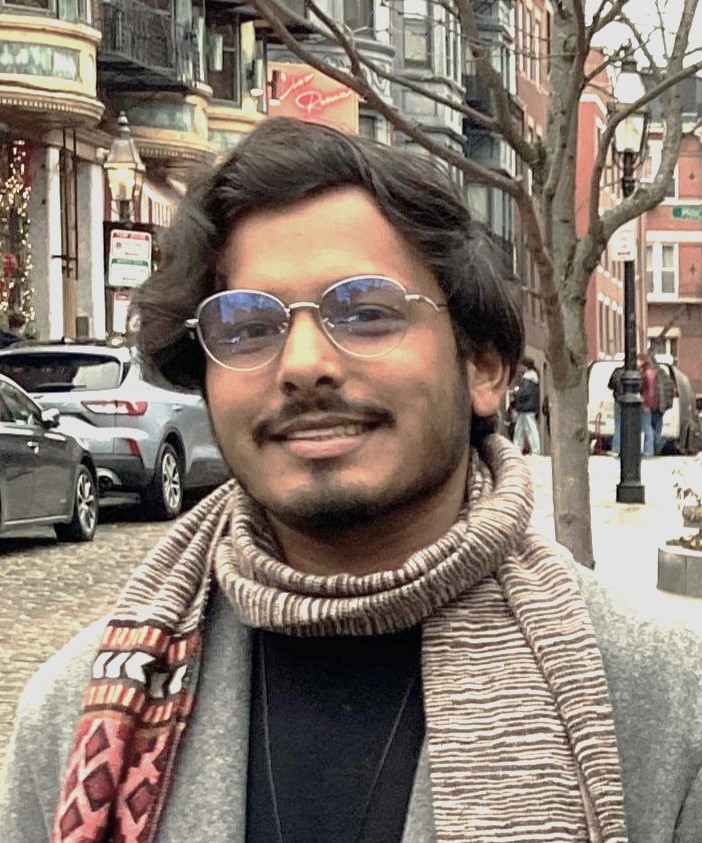
Jay Ramteke
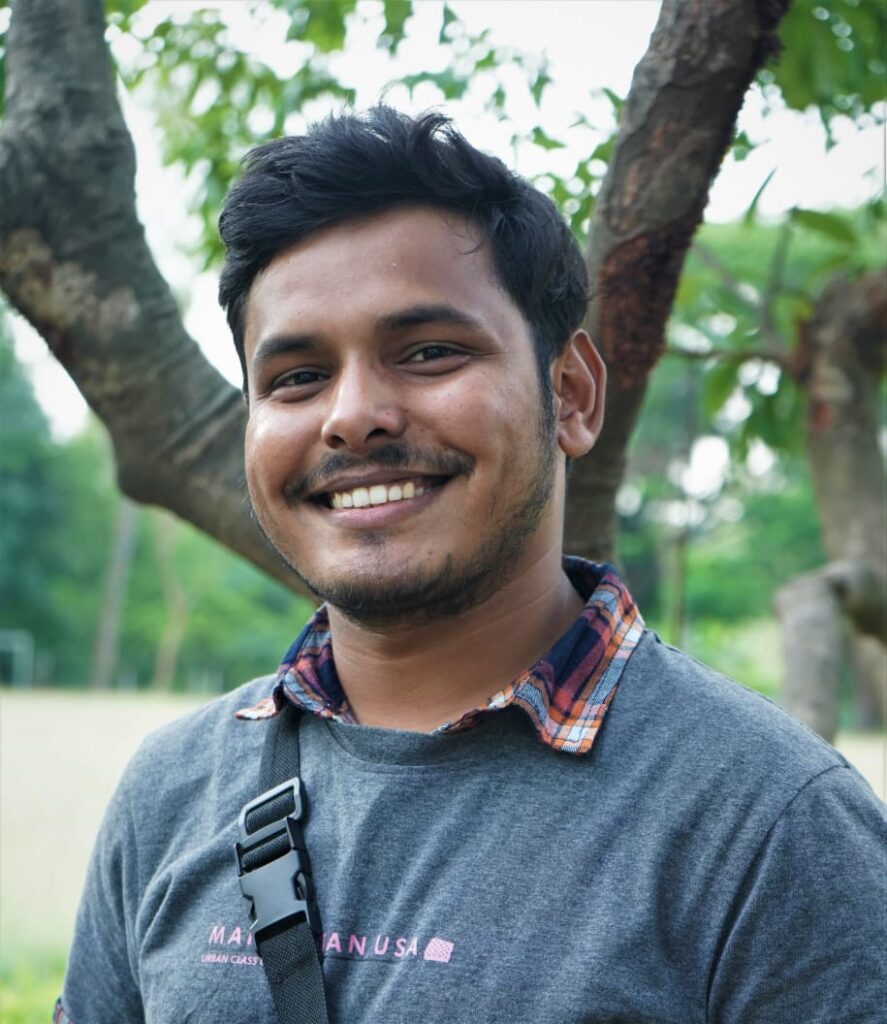
Vijay Ramteke
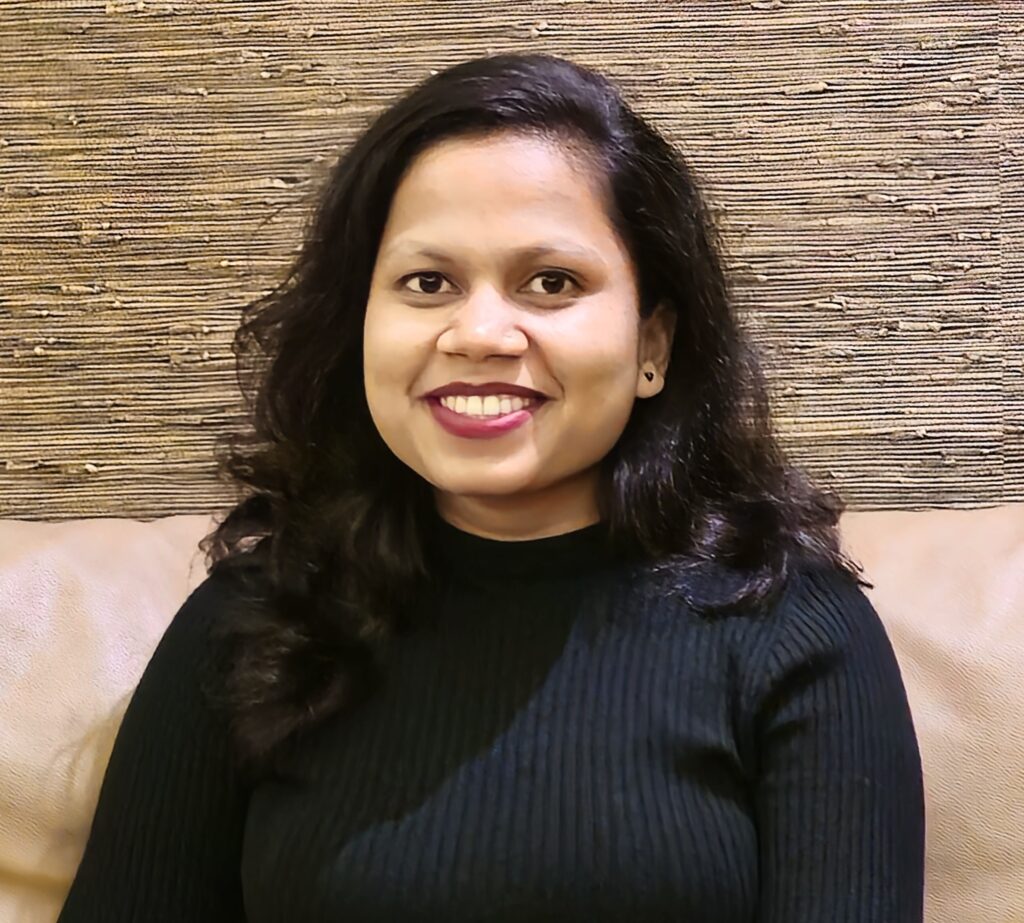
Neha Meravi
Her expertise in managing and optimizing finances empowers us to make a meaningful impact in our mission.
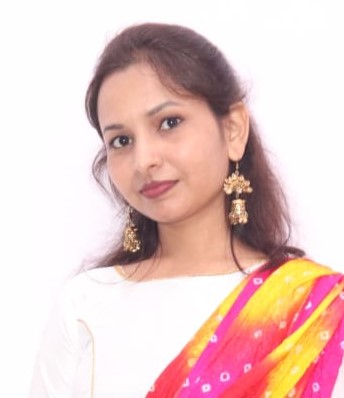
Archana Ramteke

Nalinee Meshram
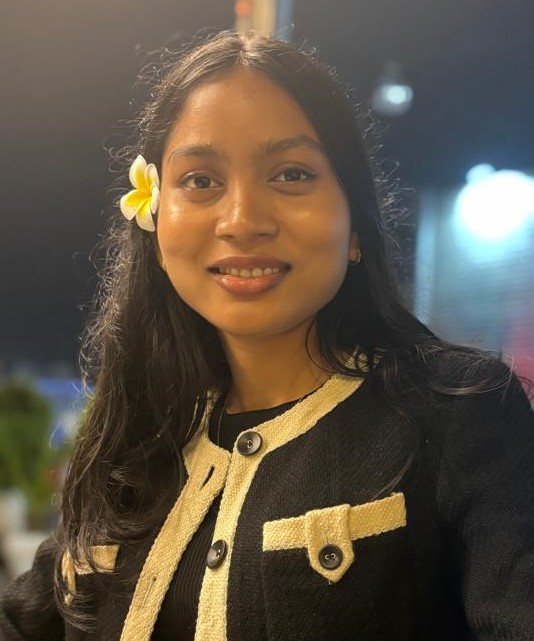
Mitali Netam
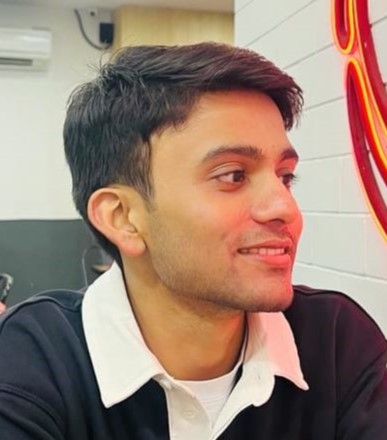
Subhanshu Rahangdale

